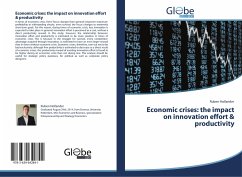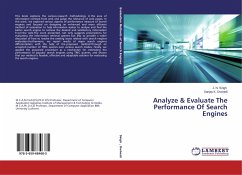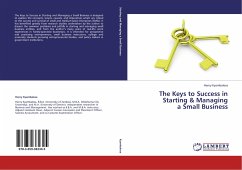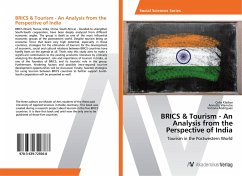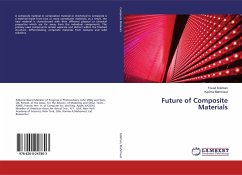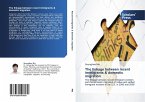In times of economic crisis, firms focus changes from general long-term maximum profitability to withstanding shocks, even survival: the focus changes to extremely short-term goals. For this reason, during times of economic crisis, less innovation is expected to take place in general; innovation effort is perceived as a cost, without a direct productivity reward. In this study, however, the relationship between innovation effort and productivity is estimated to be more positive in times of economic crisis. This is because in the struggle for survival, every competitive advantage acquired through innovation, is estimated to have an even larger reward than in times without economic crisis. Economic crises, therefore, turn out not to be bad exclusively: although firm productivity is estimated to decrease as a direct result of economic crises, the productivity reward of exerting innovation effort is found to be higher during an economic crisis than not during one. This analysis should be useful for strategic policy purposes, for political as well as corporate policy designers.

